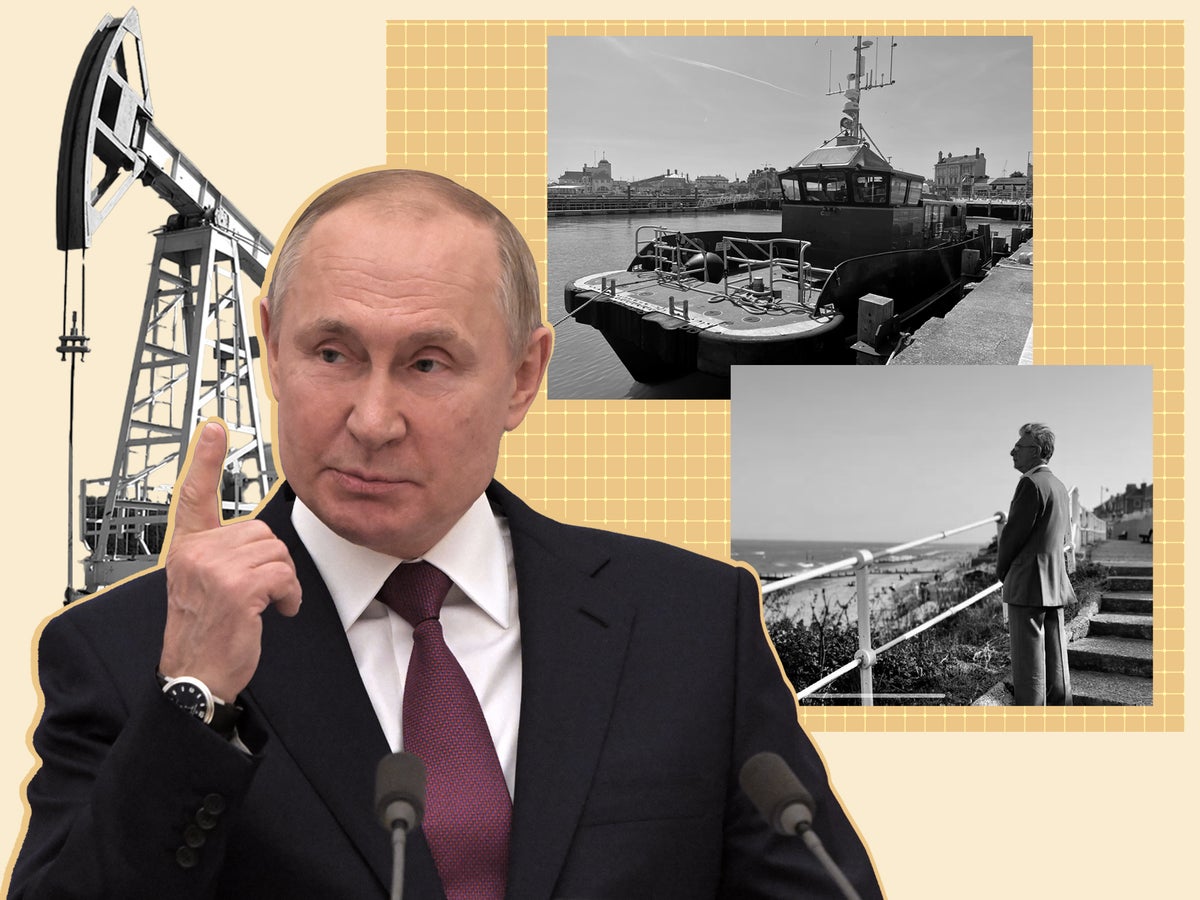
On a sandy beach in the pretty Suffolk town of Southwold, where holidaymakers and retired second-home owners bask in summer heat while waves lap gently against the shore, most residents are unaware of the trade in Russian oil happening just on the horizon.
This calm patch of sea is one of the few areas around the UK where ship-to-ship transfers of oil are allowed.
At least twice in May, British-crewed vessels sped out from nearby harbours to help transfer Russian oil between vast tankers, an investigation by Global Witness andThe Independent has found.
After refuelling, the two tankers carried 165,000 tonnes of Russian fuel oil – worth more than £165m – onwards to the Persian Gulf and Singapore.
The transfers are one link in an international chain that has helped Vladimir Putin rapidly shift sales of oil to Asia as European buyers cut back.
Booming trade with China and India has helped to swell the Kremlin’s coffers to an unprecedented level, providing a multi-billion-dollar war chest for a protracted and bloody conflict in Ukraine.
The exact number of transfers of Russian oil that have taken place off Britain's coast is not known. They are not illegal, and there is nothing stopping British companies from taking part, but they are an indication of huge holes in Western sanctions.
Last month, in a tacit admission that current sanctions have not been as effective as hoped, G7 leaders announced a proposal to impose a price cap on the amount that can be paid for Russian oil. The hope is that it will stem the flow of cash to the Kremlin, which has been boosted by a surge in oil prices since the invasion of Ukraine began.
However, experts warn that without a comprehensive crackdown on European boats and companies moving Russian oil, those efforts will continue to be undermined.
Global shipping is among the most opaque and least accountable industries in the world, creating obstacles to Western efforts to turn the screw on Putin. By definition, much of it happens beyond the reach of individual nation states.
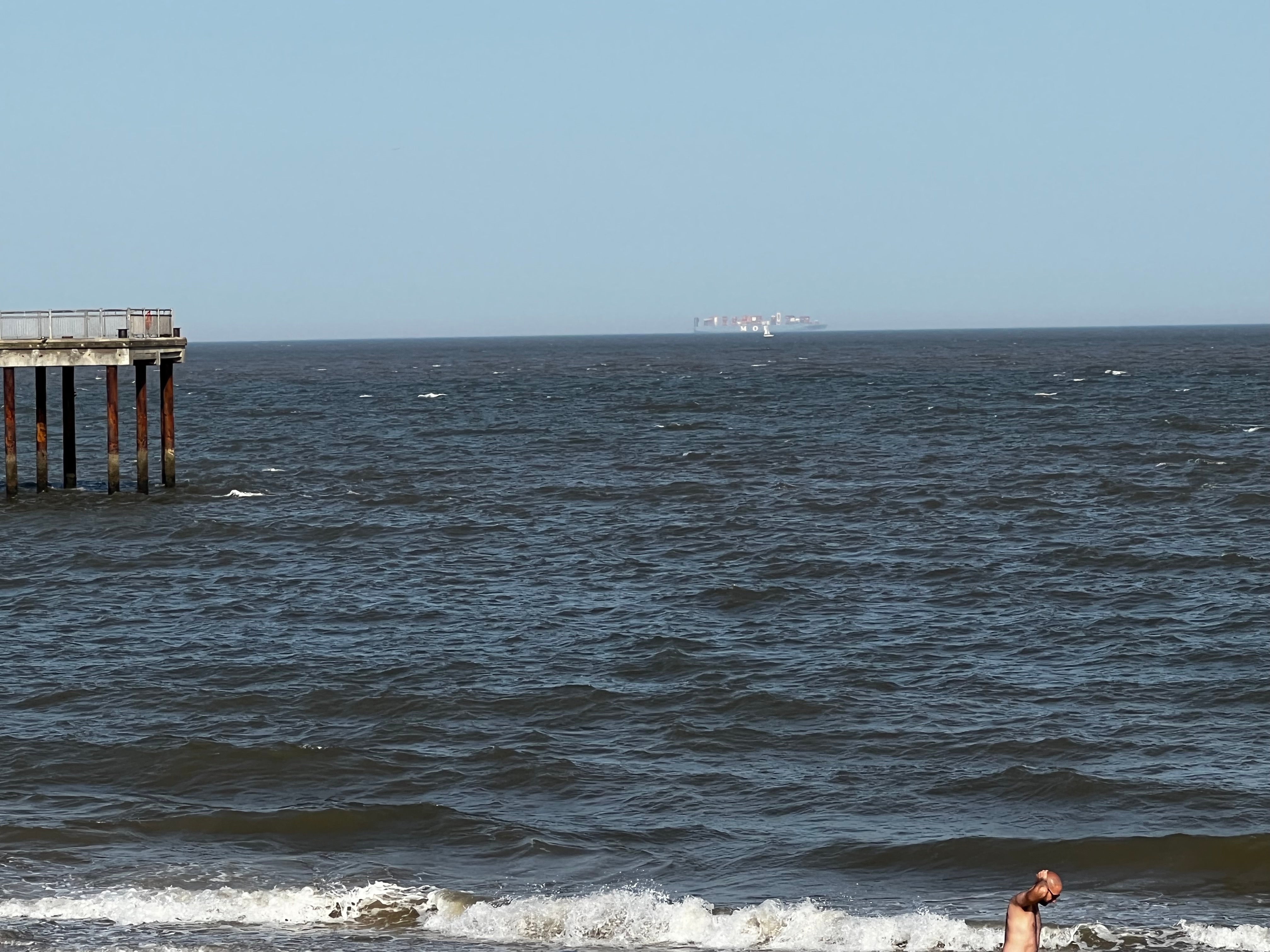
The oil transfers identified by Global Witness involved UK boats but took place outside UK territorial waters. Two of the tankers involved are owned by German companies; one is flagged in Liberia. Greek and Maltese companies manage two of the tankers while a third has its “commercial operator” registered in Monaco.
The tankers’ ultimate owners are hidden behind anonymous shell companies making them impossible to identify with any certainty. Veils of secrecy mean they have little fear of reputational damage from the Russian connection.
In fact, as other, more image-conscious companies shun Russian oil, profit margins only grow fatter for those willing to stay the course.
Europe’s three major shipping countries – Greece, Cyprus and Malta – have doubled the amount of Russian oil they transport since the war began.
Meanwhile, British firms at the Southwold “pit stop” have played their own small part.
In early May, two vast oil tankers, the Conti Benguela and Matilda left a terminal north of St Petersburg.
Laden with thousands of tonnes of Russian oil, they sailed through the Baltic Sea, around Denmark to the coast off Suffolk, where calm seas create a spot popular with tankers to drop anchor.
A little before dusk on 13 May the two ships’ hulls drew side-by-side, tracking data shows.
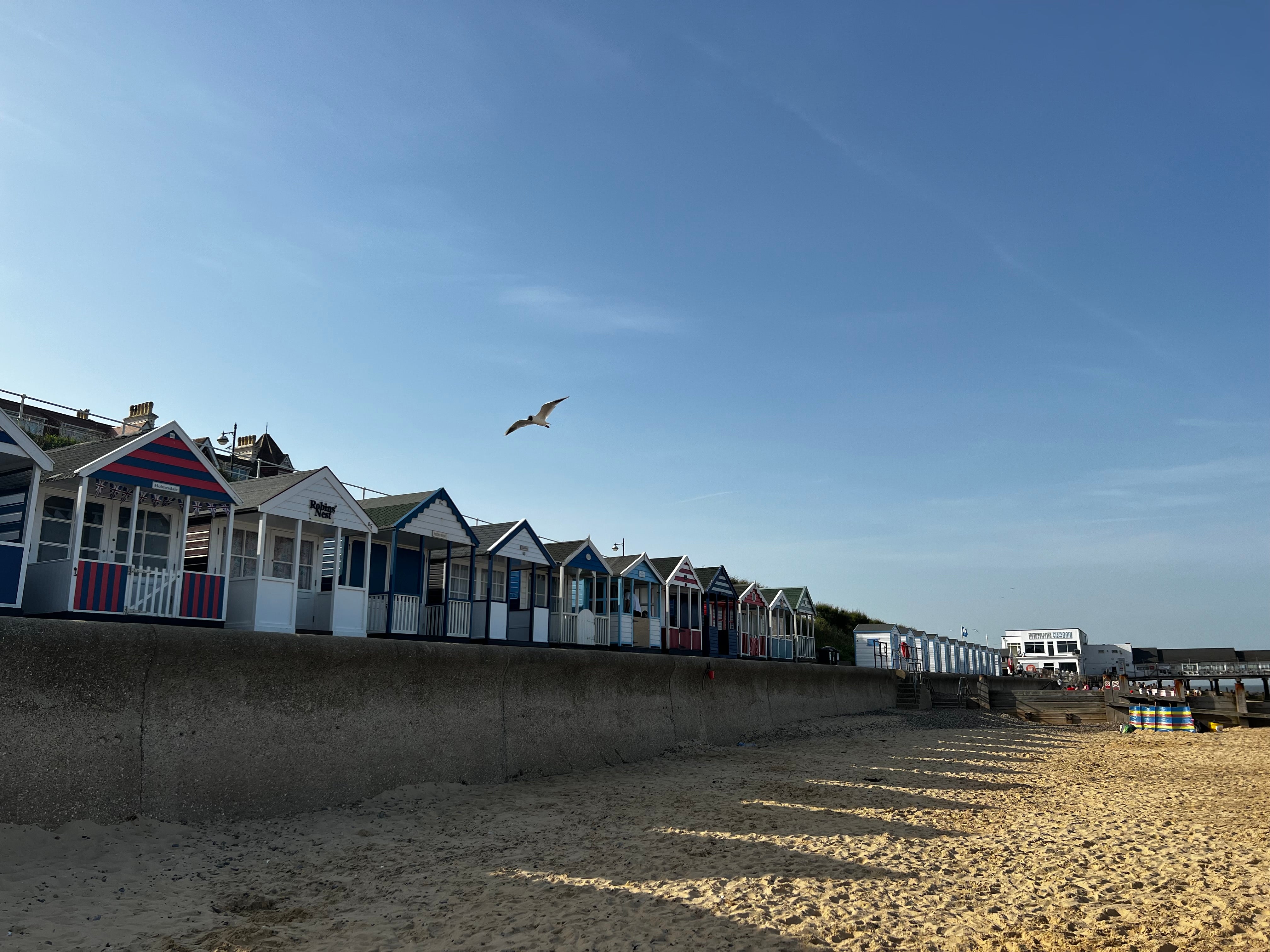
Documents filed with the coastguard detail the plan. A British company called STS Marine Transfers had been well-briefed about the transfer weeks in advance by the ships’ operators. The firm sent a boat out to move 14,000 tonnes of fuel oil from Conti Benguela to Matilda.
As night drew in, a much smaller, high-speed catamaran called the Endeavour raced out from the harbour just down the coast at Lowestoft to deliver supplies and take the tankers’ crew ashore for a much-needed rest.
The following week, Conti Benguela repeated the manoeuvre, refilling a Maltese-flagged tanker called Nolde which was carrying £80m of Russian oil.
Wood Marine, a local company that operates the Endeavour, said it would never deal with a Russian ship or Russian crew, but pointed out that it had no obligation to check where the oil had come from. The company’s owner said he was “just a taxi service at sea”.
STS Marine Transfers said it complied with all international laws and regulations, including sanctions and had not renewed its contract with cargoes originating from Russia.
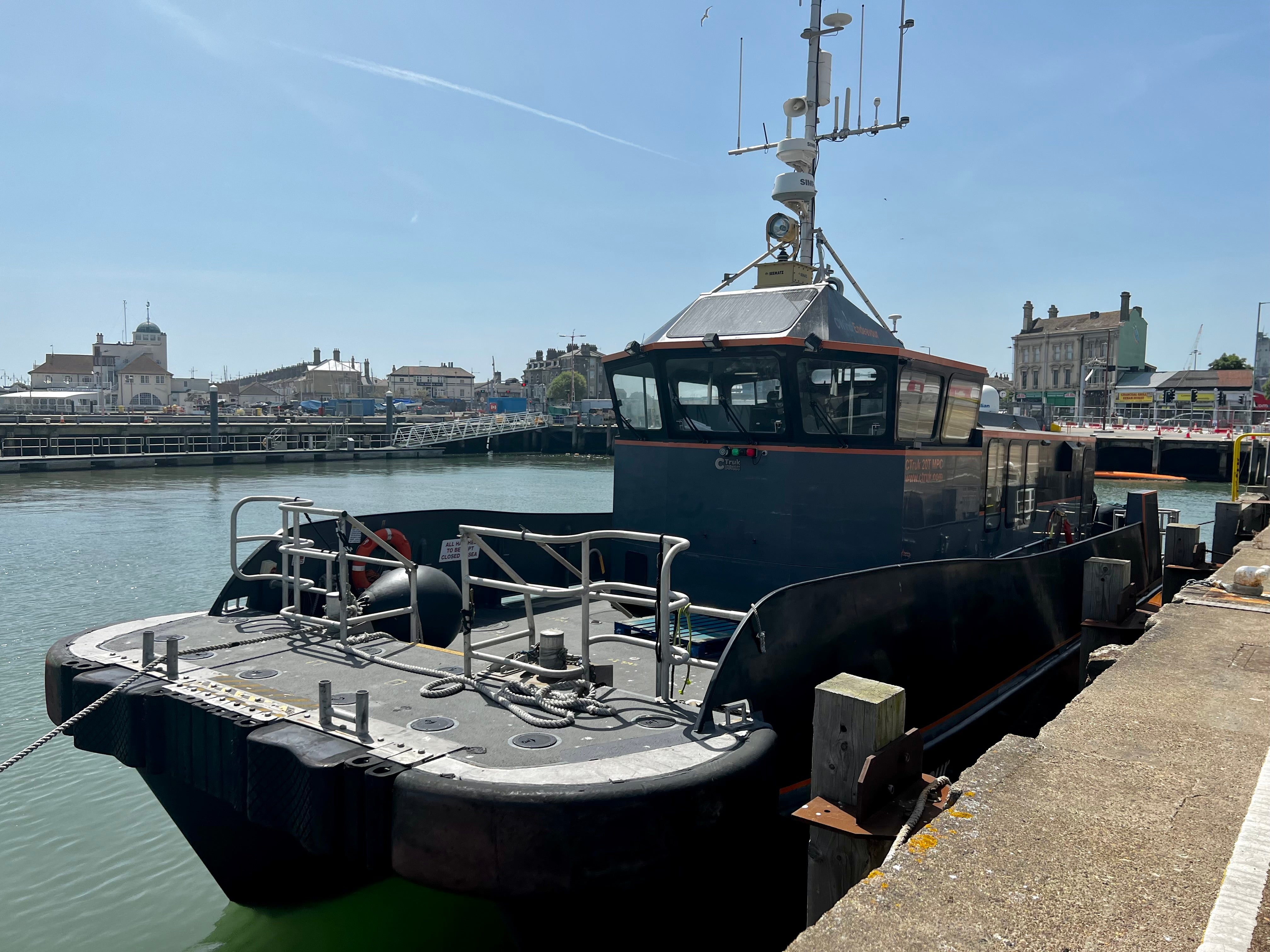
Louis Goddard, an oil expert at Global Witness who has been tracking Russian-linked tanker movements since the start of the war, said refuelling at Southwold may have allowed tankers to travel the long route from Russia through the English Channel, via the Mediterranean, into the Suez Canal and then on to Singapore and Malaysia.
European ships, particularly those linked to Greece, Cyprus and Malta are “making a mockery of the EU effort to sanction Putin’s war machine”, Goddard said.
What is certain is that Putin’s successful “pivot to Asia” has been highly lucrative. China has rapidly become the largest buyer of Russian oil, lapping up 8.4 million barrels last month – a 40 per cent jump compared with a year ago. India has also increased its exports dramatically. This jump would not have been possible without European maritime assistance.
Europe’s reluctance to enforce a full embargo on Russian oil has left it in the worst of both worlds. Consumers and businesses are being hit with huge rises in the cost of fuel that have only helped to boost Putin’s revenues.
In response, the G7 has significantly ramped up its rhetoric on Russian oil, but concrete actions have been slow to emerge.
The group of world powers issued a statement on Tuesday saying they would consider a “comprehensive prohibition” on all services that enable shipments of Russian crude, unless the oil is purchased below a certain price.
The oil price cap would not stop European middlemen and facilitators from moving Russian oil but would, in theory, limit how much cash goes to the Kremlin.
As with all sanctions measures, there may be big profits available for those willing to break the rules. To minimise that risk, some experts are pushing for additional safeguards.
Robin Brooks, chief economist at the Institute for International Finance, said a price cap could be “highly effective” but only if vessels are banned from obtaining insurance if they are carrying Russian oil that has been priced above the cap level.
It is becoming increasingly clear that genuine international consensus and concerted action are urgently needed. The consequences of further delay could be extreme.
Putin’s war chest, built up from sales of expensive oil, means he can risk losing the other main source of his revenue: gas. This is a grave concern for Europe.
In recent weeks, the Kremlin has sharply reduced supplies to Germany, Italy, France and several other EU countries, raising the prospect of blackouts and rationing if supplies run out this winter.
Back in Southwold, there are more immediate concerns. The town’s mayor, Will Windell, says ship-to-ship oil transfers pose a risk to the environment while offering almost no benefit to the local economy. He wants them banned immediately before a major spill happens. There have been near-misses in the past.
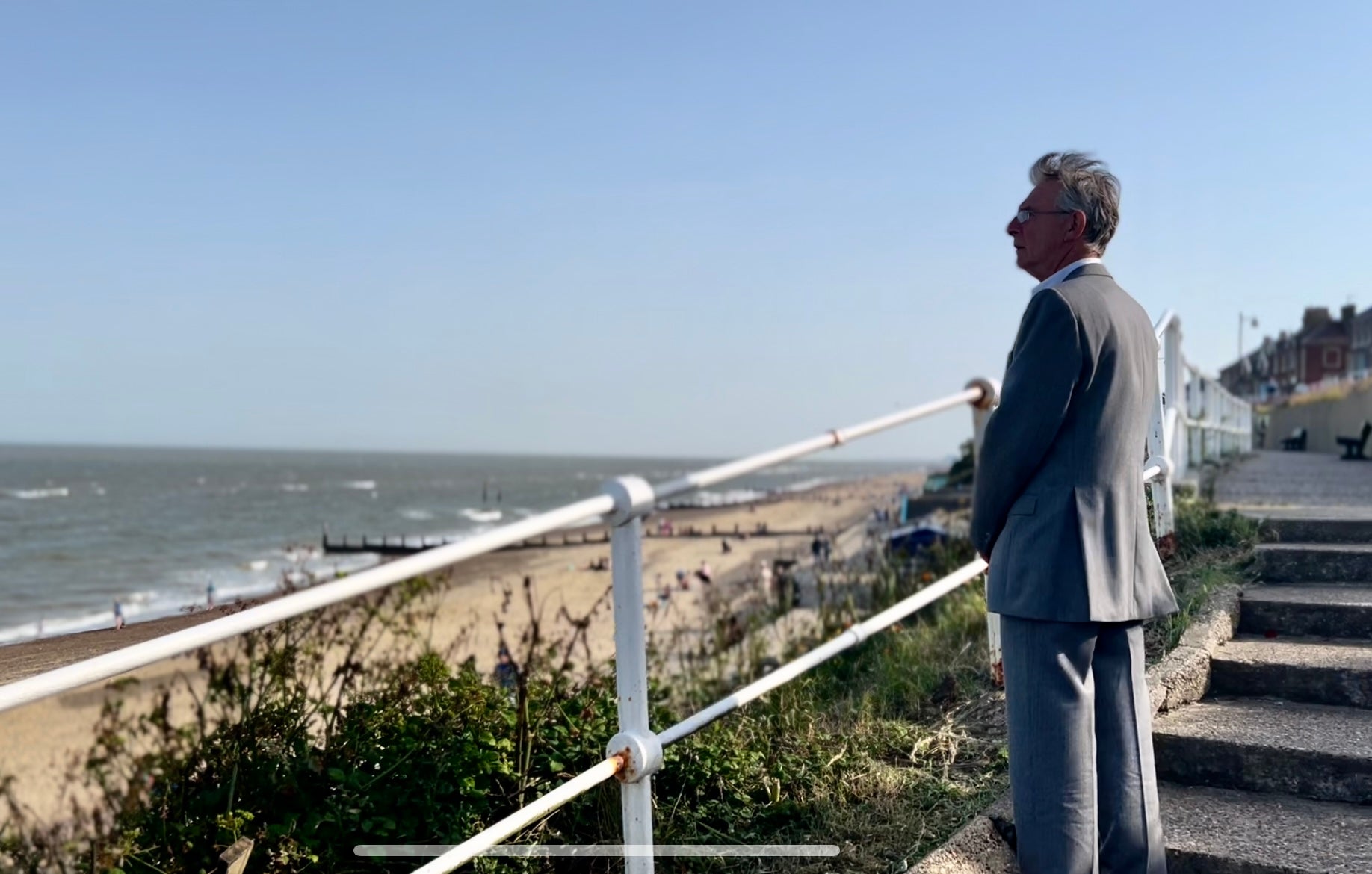
Even without a large spill, transferring oil at sea is not a clean process. Chemicals are sprayed into the water to disperse any oil that does inevitably leak. Then there are the diesel fumes from what can sometimes be 25 or 30 tankers in the area.
This coastline is designated an area of outstanding natural beauty yet it is also one of the few places in the country where oil transfers are allowed.
“This is a major industry going on out there,” Windell says, scanning the horizon. “There are industrial-scale oil transfers happening and there’s no regulation. There’s no one going out to check on these ships.”
The government declined to comment.







